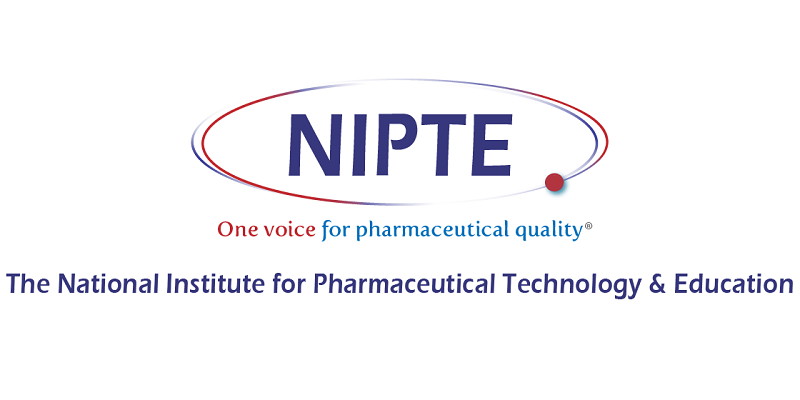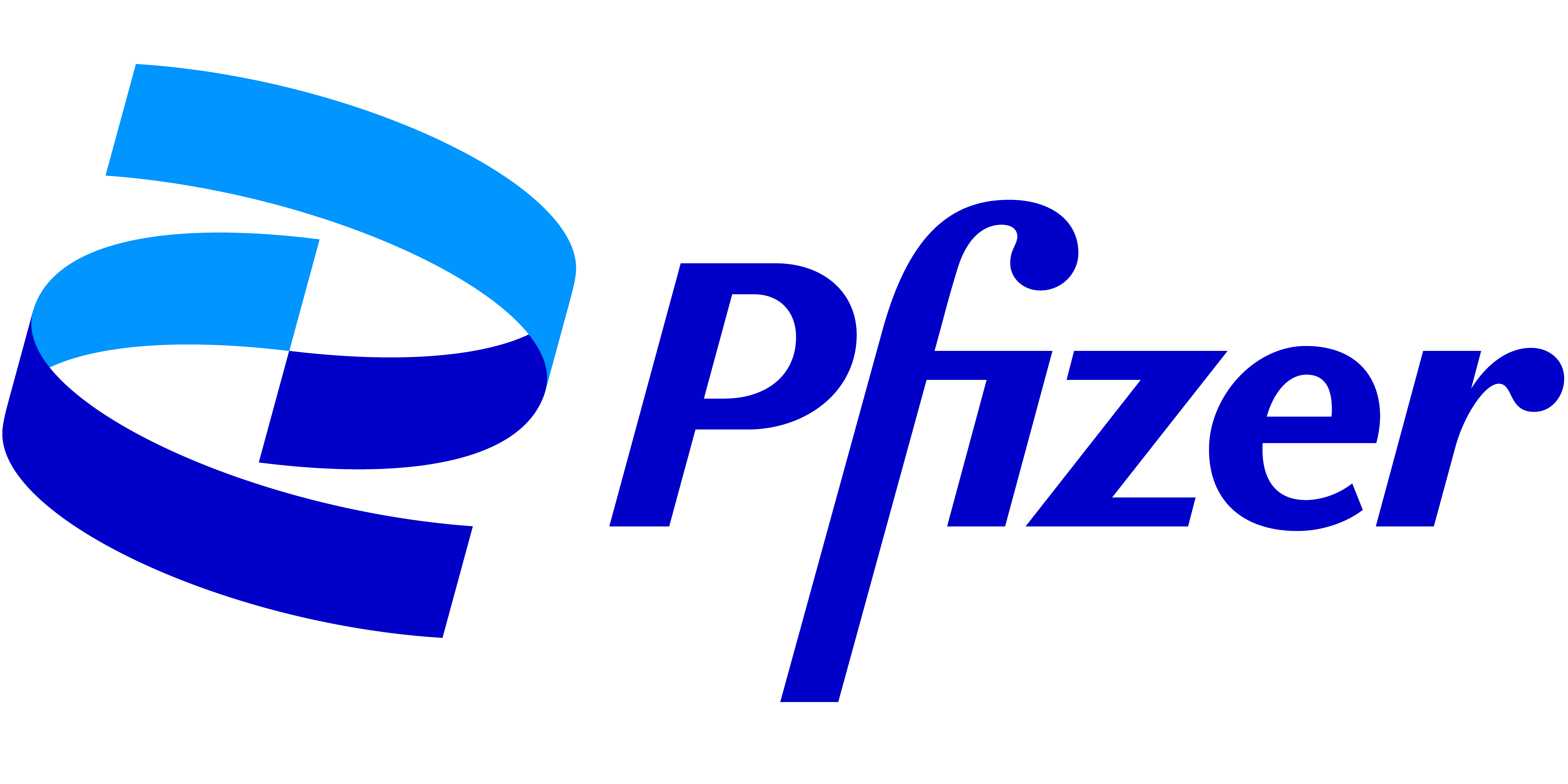NIPTE and Pfizer have teamed up to demonstrate the ability of TG-RS to reduce fluorescence and improve SNR of key metabolites in bioreactions. The superior SNR will enable the development and comparison of PLS and pure component models for the quantification of these metabolites during bioreactions of industrially relevant organisms.
Coming soon.
Demonstrate that combining TG-RS and pure component modeling improves bioreaction monitoring capability while reducing calibration resource burden in a system ready for industrial deployment
Use the real-time data collected during reactor monitoring as an input in a control strategy to maximize product yield and quality while minimizing inefficiencies that lead to product failure and loss of profit
Demonstrate the suitability of TG-RS for regulators as an appropriate process analytical technology (PAT) system
Create broad acceptance and implementation of TG-RS as an industry standard technology for bioreaction monitoring
Login to the NIIMBL member portal to access more, including:
Not yet a member? Learn more about which level of NIIMBL membership is right for you and your organization.

National Institute for Pharmaceutical Technology and Education, Inc (NIPTE)

Pfizer, Inc.